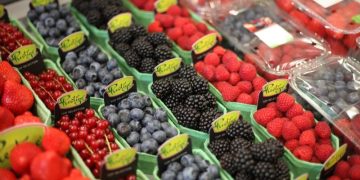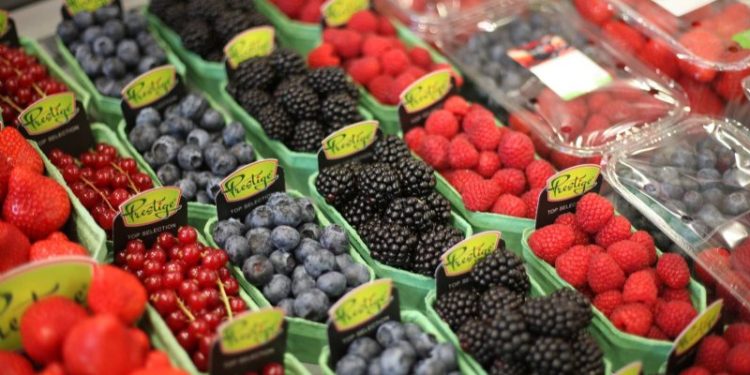This article delves into the ongoing debate regarding the proposed elimination of value-added tax (VAT) on vegetables and fruits. Drawing upon the latest data from reliable sources, we explore the potential impact of this policy change on farmers, agronomists, agricultural engineers, farm owners, and scientists within the agricultural sector. Additionally, we analyze the divergent opinions surrounding this issue and provide insights into its potential consequences.
The proposal to eliminate value-added tax (VAT) on vegetables and fruits has sparked a divisive debate within the agricultural community. According to a recent article published on Nieuwe Oogst, dated June 13, 2023, stakeholders from various sectors are divided over the potential ramifications of this policy change. Farmers, agronomists, agricultural engineers, farm owners, and scientists find themselves at odds, expressing differing views on the potential benefits and drawbacks of removing VAT on these essential food items.
Proponents of the VAT elimination argue that it would make fresh produce more affordable and accessible to consumers. By reducing the price of vegetables and fruits, it is believed that individuals would be incentivized to prioritize healthy eating habits, leading to potential long-term health benefits for the population. Furthermore, supporters argue that a decrease in VAT could boost domestic consumption, potentially stimulating demand for locally grown agricultural products.
On the other hand, opponents of the proposed VAT removal raise concerns about the potential financial burden it could place on farmers and the agricultural industry as a whole. The elimination of VAT may result in reduced profit margins for farmers, particularly small-scale producers who rely heavily on the sale of vegetables and fruits. Additionally, critics argue that the absence of VAT may not directly translate into lower prices for consumers, as other factors such as production costs and market dynamics could influence retail prices.
Navigating this controversy requires a careful examination of both perspectives. While the potential benefits of making fresh produce more affordable and encouraging healthier dietary choices are commendable, it is essential to consider the potential economic implications for farmers. Any policy decision regarding VAT elimination should be accompanied by complementary measures to support farmers and ensure their financial sustainability.
For instance, governments and agricultural authorities can explore options such as providing targeted subsidies, investing in infrastructure and technology to improve efficiency, and promoting market access for farmers to help offset any potential negative consequences of VAT removal. Additionally, initiatives focused on consumer education and awareness regarding the importance of supporting local agriculture and the benefits of a balanced diet could further enhance the positive impact of this policy change.
In conclusion, the debate surrounding the removal of VAT on vegetables and fruits reflects the complexity of balancing the interests of consumers and farmers within the agricultural sector. While the potential benefits of increased accessibility and improved public health are appealing, it is crucial to carefully evaluate the potential economic implications and provide adequate support to farmers. By striking a balance between affordability, sustainability, and farmer welfare, policymakers can navigate this issue effectively, ensuring a resilient and thriving agricultural sector.
Tags: agriculture, VAT elimination, vegetables, fruits, farmers, agronomists, agricultural engineers, farm owners, scientists, policy change, controversy, affordability, accessibility, public health, economic implications, support for farmers, sustainability, consumer education, market access.































